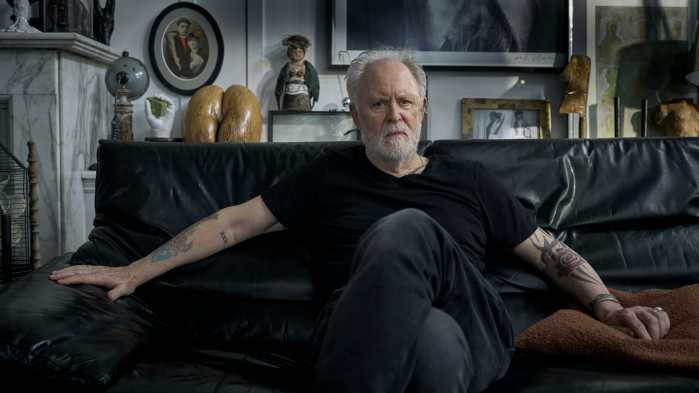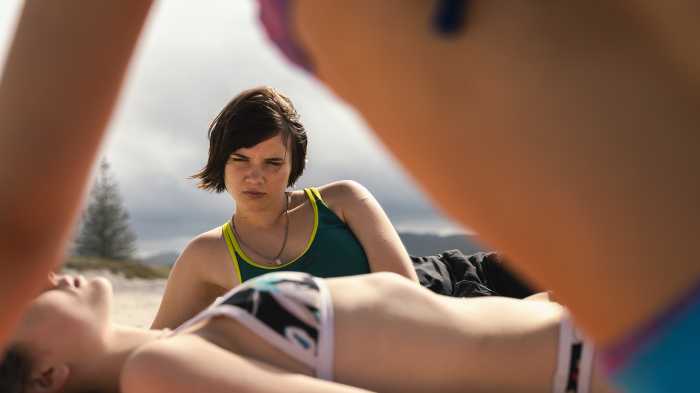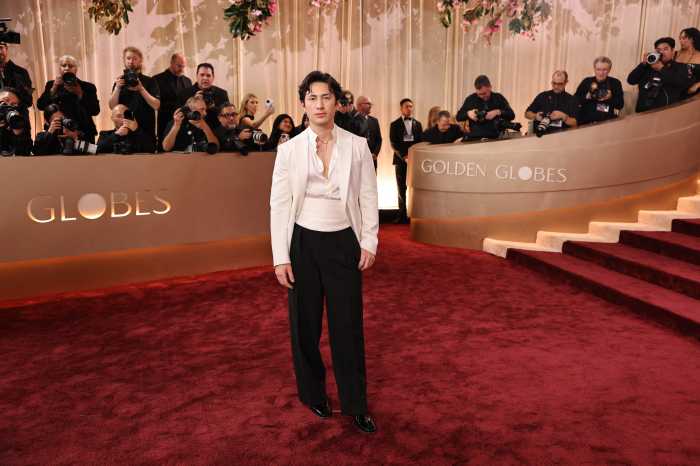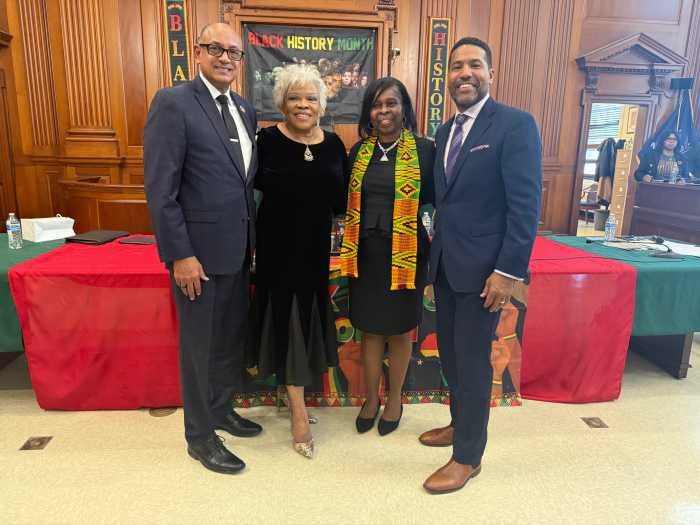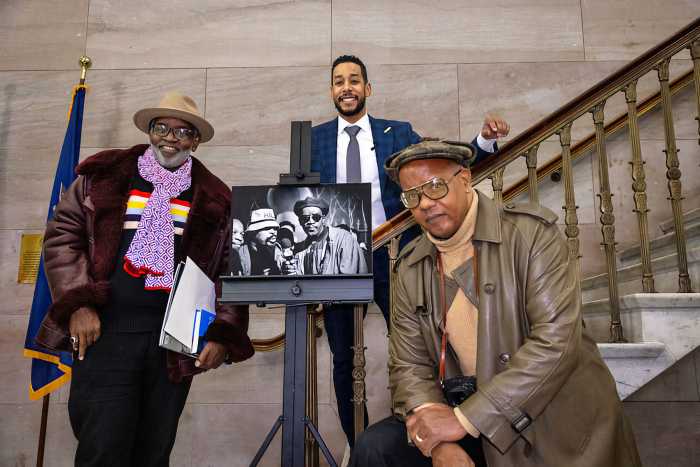The 2024 Sundance Film Festival this month screened several films by LGBTQ filmmakers, and about LGBTQ lives. Here are five features and documentaries that premiered at this year’s fest.
“Layla”
Queer non-binary writer/director Amrou Al-Kadhi’s appealing opposites-attract romance, “Layla,” charts the bumpy relationship between Layla (Bilal Hasna), genderqueer Palestinian drag performer, and Max (Louis Greatorex), a “boring” white marketing executive. They meet cute at a corporate Pride event and begin a relationship, but the question arises: is Max, who appreciates Layla being “as big as possible,” using Layla for an “exotic holiday”? Both Layla and Max shapeshift as scenes depict Max’s tone-deafness in Layla’s world, and Layla’s difficulties in Max’s. This allows for teachable moments about pronouns, and forces Layla to reconnect with their estranged sister, Fatima (Sarah Agha). “Layla” is all about the characters reinventing or defining themselves, which makes it compelling even when the film gets contrived. If the messages about being oneself are not new, they are delivered in an attractive package. Hasna is incredibly charismatic, and Layla’s outfits are quite fabulous, but the film itself is rather conventional — outside of a particularly kinky sex scene. If “Layla” shoehorns in a few too many issues, it is still largely worthwhile.
“Love Machina”
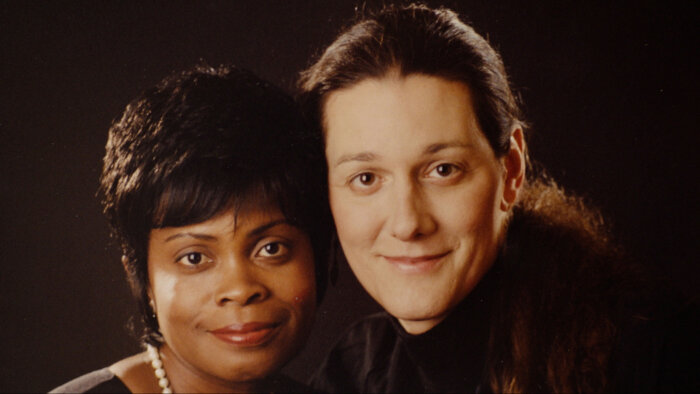
“Love Machina” is an illuminating documentary about Bina and Martine Rothblatt, who are pioneers in the field of digital consciousness. The couple, who founded the Terasem Movement Foundation, have built “Bina48,” an AI robot that — or rather, who — uses “mind files” (Bina’s thoughts and memories) to keep the couple’s love alive. Scenes of Bina48 on tour illustrate AI interactions. But arguably more fascinating is Martine’s story. A transgender woman, she created satellite radio (that became Sirius XM); researched lung transplant technology to help save the lives of folks, like her daughter, who suffer from pulmonary hypertension; and she was involved in the development of electric helicopters. She also plays the flute and is involved in cryonics. “Love Machine” celebrates the relationship between Bina and Martine, and it might inspire viewers to consider all that may be possible in the future.
“Luther: Never Too Much”
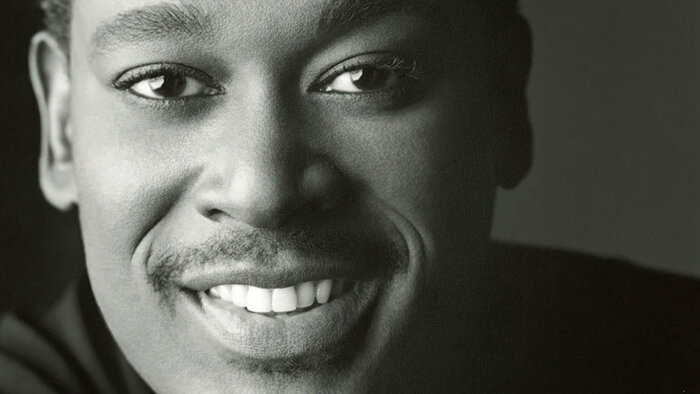
“Luther: Never Too Much” is director Dawn Porter’s enjoyable documentary about the late singer, songwriter, and producer extraordinaire, Luther Vandross. Told through anecdotes by his friends and fellow musicians, as well as archival clips and concert footage, the film traces his life from being a “Motown child,” worshipping singers like Aretha Franklin and Dionne Warwick — with whom he would later work — to appearing on “Sesame Street,” singing backup and collaborating with David Bowie and Bette Midler, and even working and singing commercial jingles. But it is his solo career where his incredible talent and ambition are fully realized — even though he was pigeonholed as an R&B musician and never quite achieved the crossover success he deserved and desired. “Luther” does address some of the singer’s troubles, including his ongoing struggles with his weight, his fear about the stigma of coming out, and a car accident in 1986 where his passenger was killed. The film is hagiographic, but Luther’s lush voice and music still generate goosebumps. Although Vandross was not crazy about being called “Doctor Love” because his songs were so seductive, it is hard not to feel all the love and respect the musicians, friends, and fans in this cinematic valentine have for him.
“Ponyboi”
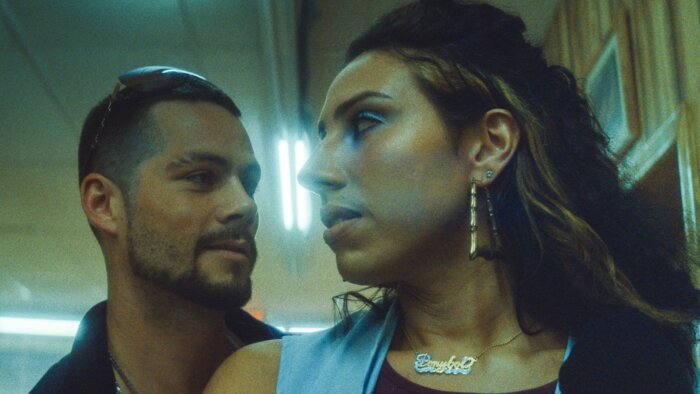
“Ponyboi,” directed by Esteban Arango, provides an excellent showcase for writer/producer/star River Gallo as the intersex title character — if only the film, expanded from a 2019 short, were as good. The messy plot has sex worker Ponyboi accidentally killing Lucky (Stephen Moscatello), with some sketchy crack supplied by Vinnie (an overemoting Dylan O’Brien). Fleeing the scene — and taking Lucky’s briefcase full of money — Ponyboi hopes to run away with Bruce (Murray Bartlett), a kind stranger they meet that night. (It’s Valentine’s Day.) But first Ponyboi hopes to square things with their best friend, Angel (Victoria Pedretti), who is pregnant with Vinnie’s baby. (Ponyboi is also sleeping with Vinnie.) Adding to Ponyboi’s stress is their need for testosterone, which leads to a sex-for-drugs encounter in a pharmacy. An additional subplot involves Ponyboi’s dying father, a man they have not seen in seven years. (This storyline incorporates some of Gallo’s own experiences of having intersex surgery; they were one of the subjects in last year’s documentary, “Every Body.”) The various and contrived narratives pull Ponyboi — both the character and the film — in too many directions, lessening the emotional and dramatic impact. The ambitious “Ponyboi” fails to live up to its full potential, but it does have an affection for Jersey, with references to Bruce Springsteen and diners.
“Malu”

Pedro Freire’s debut feature, “Malu,” is set in 1990s Rio. The headstrong Malu (Yara de Novaes), a once successful actress, hopes to open a theater and cultural center. Malu lives with her mother, Lili (Juliana Carneiro de Cunha), who does not appreciate Malu smoking weed or hanging out with the queer Tibira (Átila Bee). Lili tries to get the local priest to “help” Malu, but that intervention ends in a fight where both mother and daughter injure each other. When Malu’s adult daughter, Joana (Carol Duarte), arrives from São Paulo, Malu must navigate another fraught familial relationship. A health issue soon shifts the dynamic between the women. Freire’s film, inspired by his own mother, is like its titular character — tough and tender in equal measure. The acting, by de Novaes, especially, is what makes this film so compelling.



